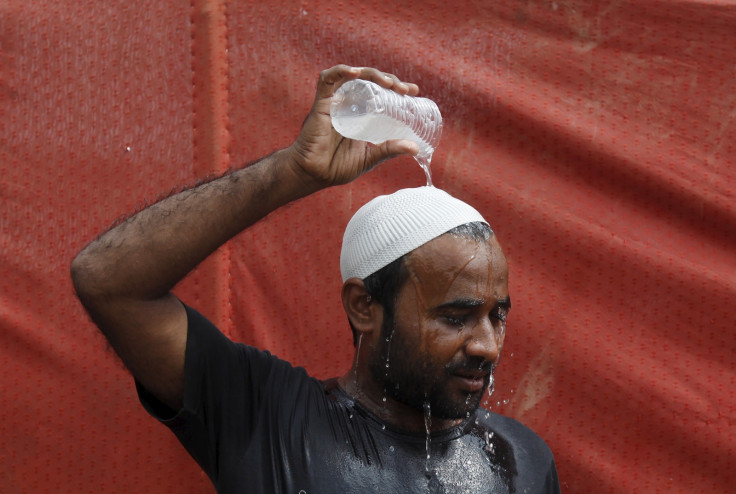Pakistan lawmaker blames Indian power plants for heatwave tragedy as death toll crosses 1,000

A prominent Pakistani lawmaker has blamed the power plants in neighbouring India for fuelling the recent heatwave in Sindh province as the death toll has crossed 1,000.
Mushahidullah Khan, Pakistan's minister of climate change, has said the coal-powered facilities located in Rajasthan – the Indian state which shares a long border with Pakistan – could have fuelled the blistering heatwave and vowed to take the matter to the UN if it is proven.
"Trans-boundary pollution is a worldwide concern. We will investigate," Khan said in an address during an event conducted at the National Clean Development Mechanism Programme.
The minister added: "A fallout effect of the coal-powered plants, in combination with other abnormal climate change events, possibly added to the already warm temperatures."
"If our findings say so, the ministry will raise the concern with the United Nations," he stressed.
Problems over pollution and environmental concerns occasionally flare up in the border region between India and Pakistan. Nonetheless, the neighbours have not reached a point in their relationship, thanks to other major political issues between them.
The heatwave which struck Pakistan's largest province of Sindh has so far claimed 1,116 lives with most of the victims from Karachi. Most of the casualties are due to heatstroke.
"We have admitted and treated heatstroke patients today as well, but their number was less than half of the daily average hitherto," Seemin Jamali, joint executive director of Jinnah Postgraduate Medical Centre, told the Pakistani daily Dawn.
Hospitals are also running short of space in morgues forcing authorities to wrap the victims' corpses in body bags, which are lying outside medical facilities.
© Copyright IBTimes 2025. All rights reserved.






















